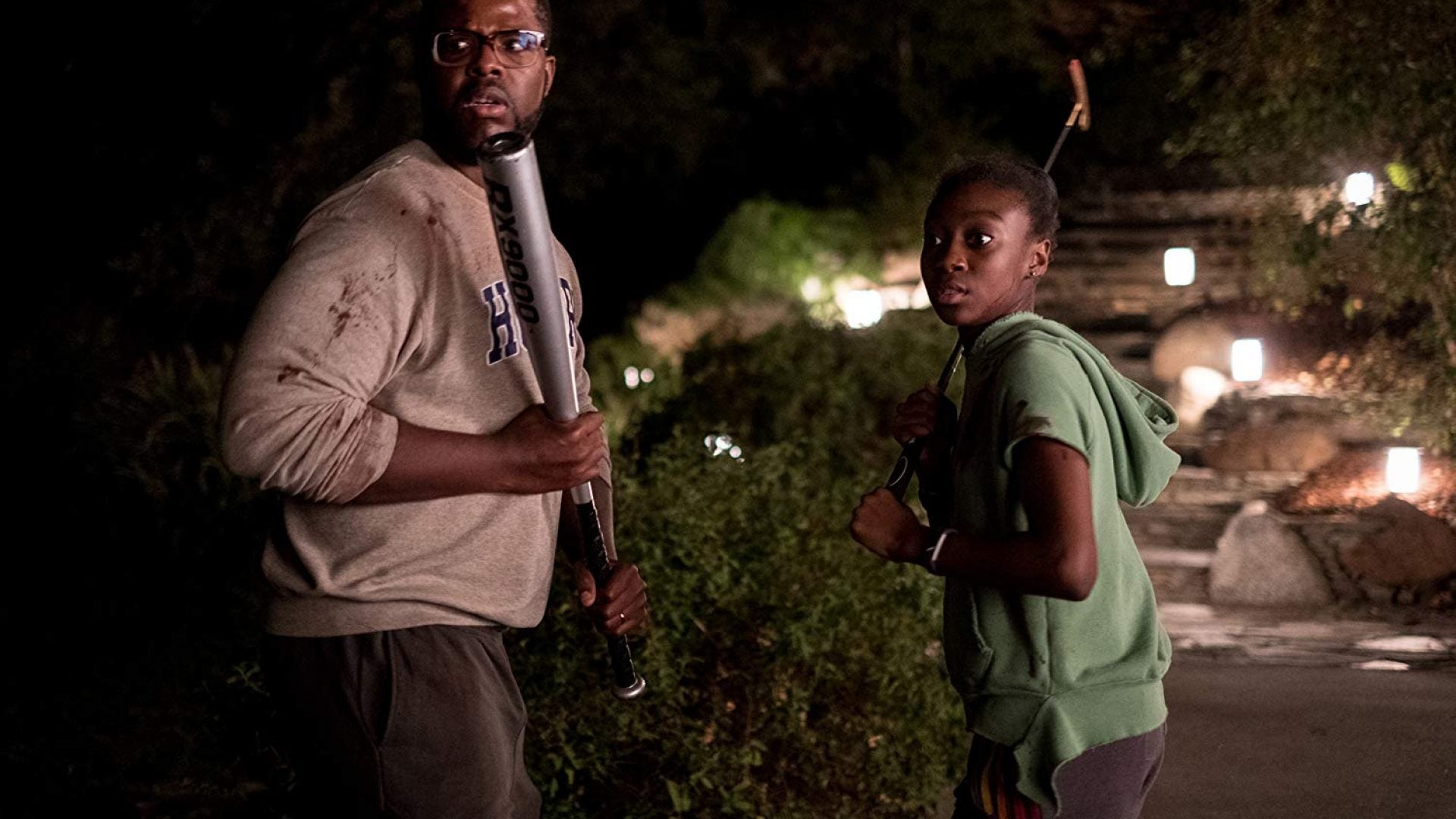
Jordan Peele Confirmed This 'Us' Theory That You Won't Believe


The road to the ESSENCE Festival of Culture™ is paved with beads, the lively sounds of brass bands, and the unstoppable spirit of the Mystic Krewe of Femme Fatale. For the fourth time, ESSENCE, Femme Fatale, and Coca-Cola® are joining forces to UPLIFT AND SHARE THE MOMENT—launching an unforgettable journey to EFOC with a spectacular Mardi Gras celebration like no other! This year, we’re cranking up the excitement by giving you an exclusive peek behind the scenes for the very first time!
Founded in 2013, the groundbreaking all-female Mardi Gras krewe made history as the first established by African American women for African American women—but its spirit of inclusivity welcomes everyone to join the fun!
Femme Fatale goes beyond the parade route, fostering a year-round sisterhood rooted in service, mentorship, and cultural pride. Through leadership programs, community outreach, and signature initiatives like Say Yes to the Prom Dress, the krewe uplifts and supports women of all ages. The hard work and dedication put into preparing for Mardi Gras is just as important as their year-round efforts.
Year after year, Femme Fatale goes all-in to refresh their floats, costumes, and throws, ensuring that each parade is an unforgettable experience. The process starts months before the parade, with members brainstorming ideas, designing intricate costumes, and collaborating with artisans to create custom throws.
The work that goes into it is a true labor of love—each costume, throw, and float serves as a reflection of the krewe’s creativity, passion, and dedication to putting on a show that reflects their commitment to the community.
And when it all comes together, the result is nothing short of pure joy! Like the ESSENCE Festival of Culture, Mardi Gras is a celebration of life, culture, and unity—an explosion of color, music, and energy that brings people together in a way that’s truly unforgettable.